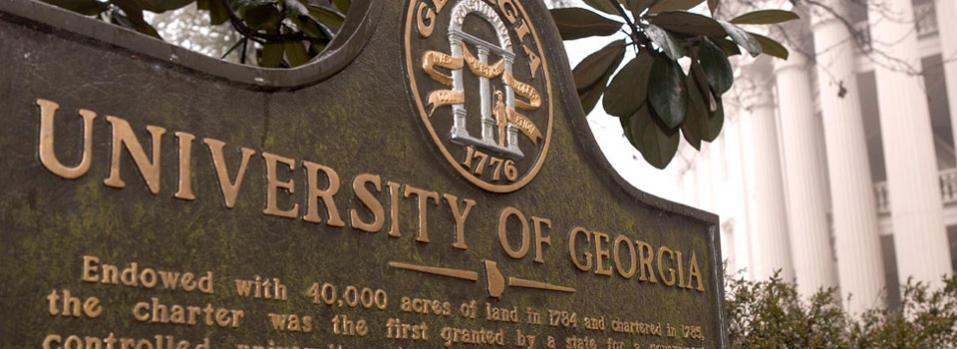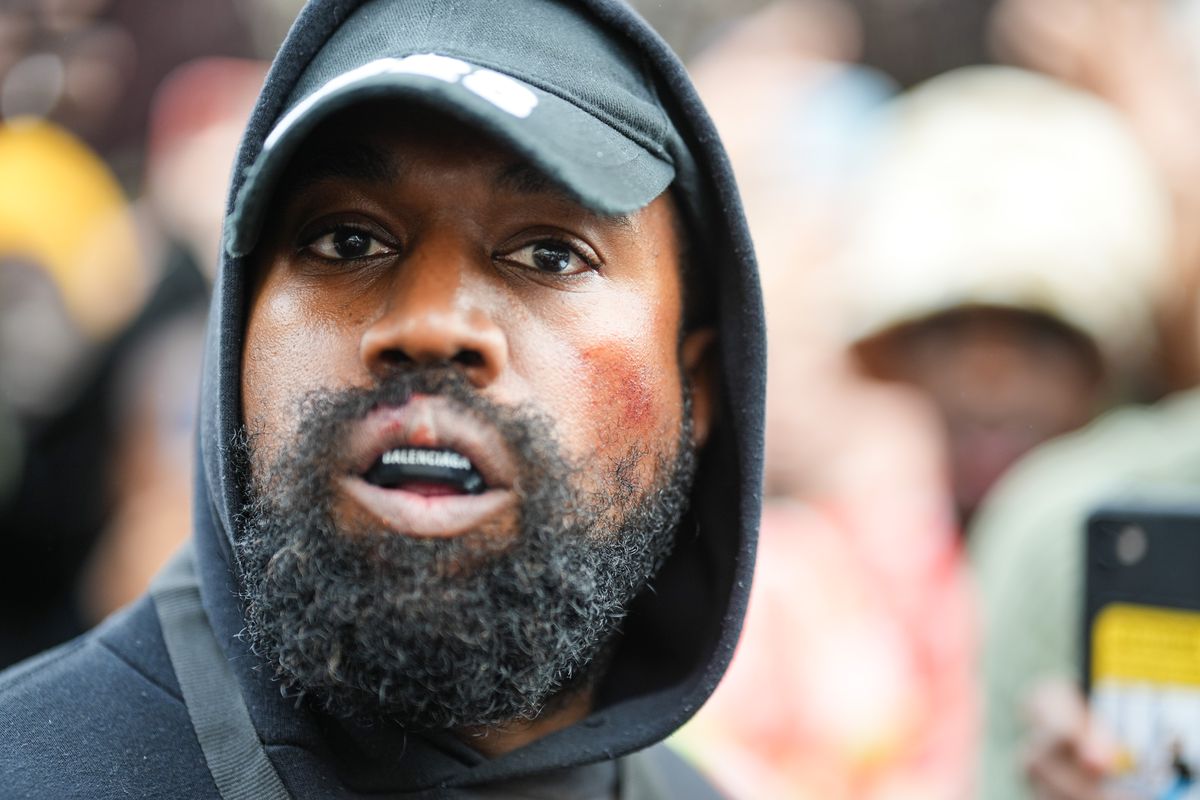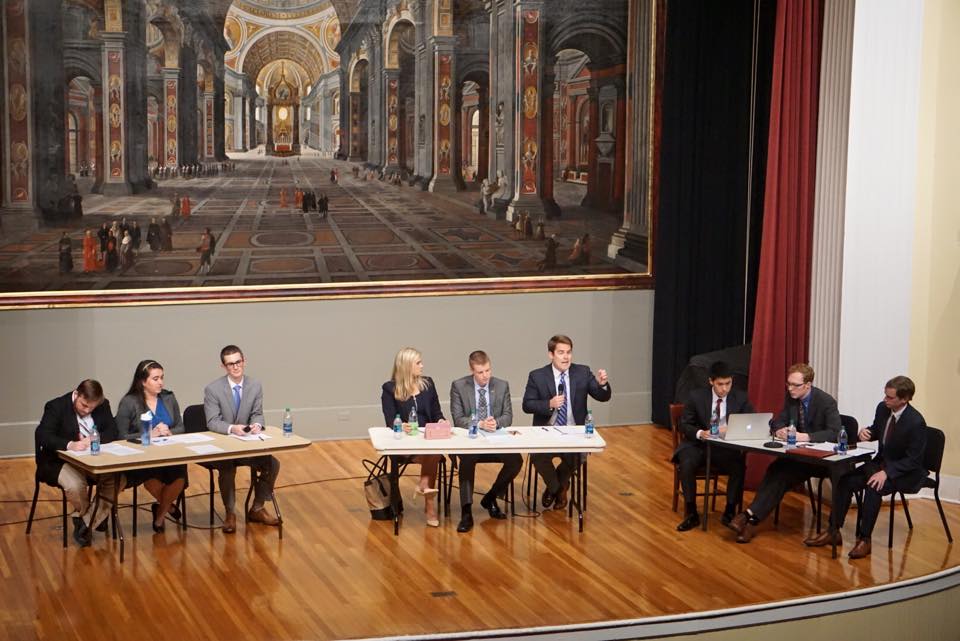By: Greyson Clark
 Another year begins at UGA! As Georgia Political Review’s members converge on the Classic City, we welcome new political junkies to join our ranks as we miss our freshly graduated mentors. While a new academic year is a time for ambitious future plans, it is also a time to reflect and to build upon the accomplishments of the previous years. In that spirit, a call must be raised: Avoid the pitfalls of glamorous politics!
Another year begins at UGA! As Georgia Political Review’s members converge on the Classic City, we welcome new political junkies to join our ranks as we miss our freshly graduated mentors. While a new academic year is a time for ambitious future plans, it is also a time to reflect and to build upon the accomplishments of the previous years. In that spirit, a call must be raised: Avoid the pitfalls of glamorous politics!
Conversations with fellow students and a review of GPR’s analytic output reflect an enthrallment with national and international topics. Although these subjects are important and much power is focused within them, national media outlets and many of my peers neglect or forget quotidian political life. While state, local, and university news may seem dull in comparison to John Boehner’s golden bronze complexion, their important ramifications have too often slipped by without commentary. Those aiming for political literacy cannot find themselves in the Washington, D.C., swamp at the expense of their own little corner of the world.
While many can converse about our “Do Nothing Congress,” have we internalized the impacts this will have on our state? With the new and improved Panama Canal, Savannah is relying on federal dollars to fund a deepening of the city’s port. Immensely important for the entire state’s economy, the port expansion has yet to make a ripple in our political dialogue. It seems that similar connections were not made after the 2012 T-SPLOST failure. Widely opposed outside of the city center and at the benefit of cities like Charlotte, Atlanta’s transportation specter haunts the greater metro area and the state as a whole. While these are not exactly the most exciting stories, particularly compared to the 2012 presidential campaign, they have dramatic economic and quality of life repercussions across our state; a faltering Savannah or Atlanta weakens much-needed revenue sources, among other things.
Also at the state level, while many expound upon next year’s election to fill Senator Saxby Chambliss’ seat, they miss details that might change who makes it through the Republican primary. This Georgia summer also saw the formation of the “green-tea” coalition, perhaps the first in the nation. Breaking many partisan rules, the coalition successfully rebuffed Georgia Power’s attempt to prevent any solar development in the coming years. Unlike the failed T-SPLOST, there are many positive benefits for Georgia; national prestige, cleaner air, and installation and manufacturing jobs may all follow on heels of this decision.
Even closer to home, how many of us realize that Athens-Clarke County is the most impoverished county for its size in the nation? When mixed with the 11 sections of town considered food deserts (including our charming downtown), local issues can serve as case studies of the interrelated and compounding nature of many seemingly unrelated facts. Mayor Denson’s proposed 2% pay raise for Athens-Clarke County employees funded by an increased tax on homes valued over $150,000 takes on a new light when considered in tandem with these complex problems. These tangles and other local issues deserve significant attention.
Finally, many aspiring political gurus miss out on the fascinating events happening at the university level, as not many attentively followed the previous Student Government Association (SGA) elections. Many still have an opportunity to become involved; applications to fill vacant Senate seats are still open. Our student government functions within a microcosm of state politics, addressing issues ranging from Georgia’s ban on undocumented students to lobbying legislators in Atlanta on behalf of student issues. For anyone wanting to understand the nitty-gritty details, campus politics provides an untapped reservoir. University politics is also a nexus of state and local issues. Public university funding encapsulates our state’s debates over revenue, budget cuts, HOPE and other scholarship funding, and investment in Georgia’s future. As a point of information, the state may need to reflect on its current handling of all levels of education throughout Georgia. (Here’s another example of the convergence of complex issues on our campus.)
Moving into our new year, it is important to pay attention to and provide commentary on our own university, neighborhood, and state. National and international headlines often overshadow these immediately relevant stories, preventing many from developing an important connection by understanding where we live.


